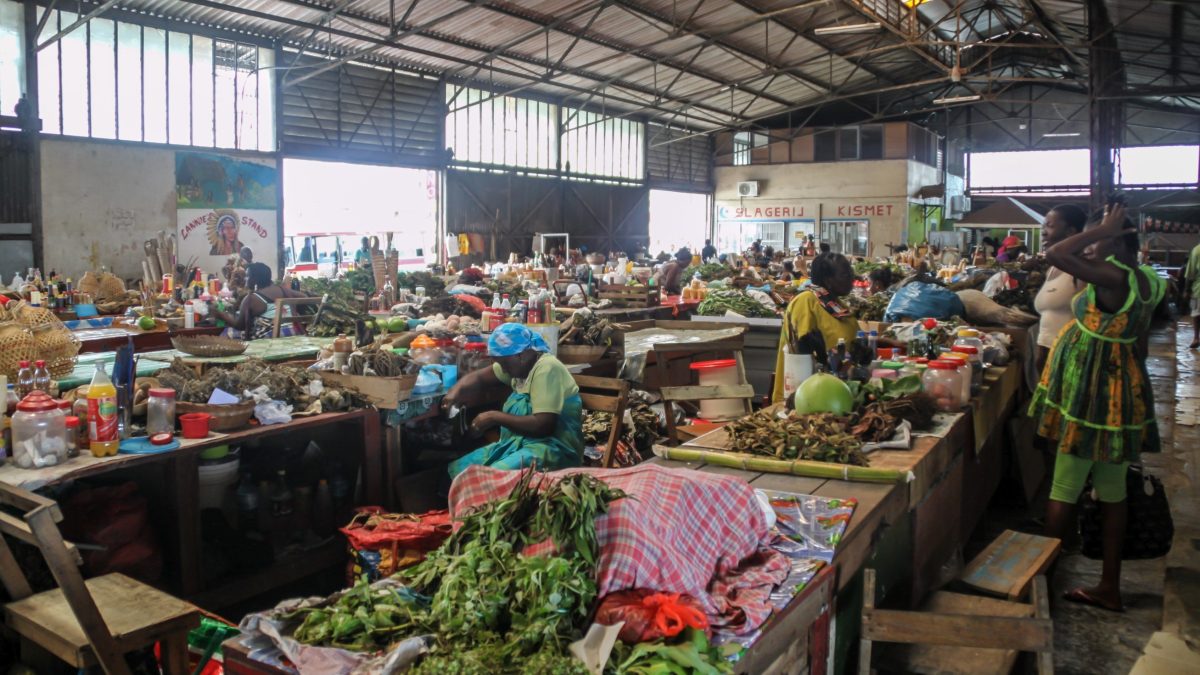Suriname

Delegates from The Carter Center monitored the 1991 general election in Suriname as part of a broader mission sponsored by the Organization of American States. The election was critical in reestablishing a democratically elected government after a military coup.
Impact
- Found no fraud in the tabulation of official results, according to an independent audit conducted by the OAS mission

Explore Further
Related Content
Remarks by former U.S. President Jimmy Carter at the National Symposium on the Modern Death Penalty in America
Global Impact Starts with You
Your support sustains the Carter Center's mission of waging peace, fighting disease, and building hope around the world.
